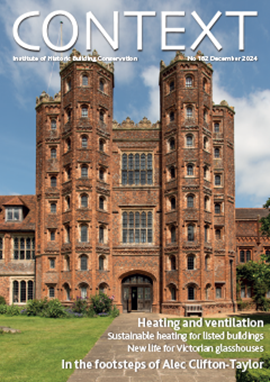About Precisionsurveysind
Precision Surveys is a well-qualified and professionally managed private limited company.
A Land Surveyor is a trained and qualified professional responsible for measuring and mapping the Earth's surface to determine property boundaries, topographical features, and other relevant information. Land surveying is a critical field that plays a crucial role in land development, construction, property assessment, and legal matters. These skilled individuals use specialised equipment and techniques to gather precise data, ensuring the accurate depiction of land and its features.
Here are some key aspects of a land surveyor's role:
- Boundary Determination: One of the primary tasks of a land surveyor is to establish property boundaries. They locate and mark these boundaries, which helps property owners understand the extent of their land and can prevent property disputes.
- Topographical Surveys: Land surveyors also create topographical maps that show the natural and man-made features of an area, such as hills, rivers, roads, and buildings. These maps are essential for land development, infrastructure planning, and environmental assessments.
- Construction and Development: Land surveyors play a vital role in the construction and development of properties. They ensure that buildings, roads, and infrastructure are built in the correct locations and adhere to zoning regulations.
- Legal Documentation: Surveyors often provide documentation, such as property descriptions and land records, that can be used in legal proceedings, including property disputes and land ownership matters.
- Environmental Assessment: Land surveyors may be involved in environmental surveys to identify sensitive areas, wetlands, or ecological features that need to be protected during land development.
- Geospatial Technology: In recent years, land surveying has become more technologically advanced with the use of GPS (Global Positioning System) and GIS (Geographic Information Systems). These tools have improved the precision and efficiency of surveying.
- Research and Data Analysis: Surveyors research historical documents, maps, and other records to gain insight into the history of a property and any previous surveys. They then analyze the data to create accurate survey reports.
- Communication: Land surveyors often work closely with property owners, developers, engineers, architects, and local authorities to ensure that land-related projects comply with regulations and guidelines.
To become a land surveyor, one typically needs formal education in surveying or a related field. Additionally, in many regions, professional certification and licensure are required to practice as a land surveyor. These regulations are in place to ensure the competence and ethics of individuals working in this important field.
In summary, land surveyors are professionals who perform a critical role in land management, development, and legal matters. Their work is essential for maintaining property boundaries, ensuring construction accuracy, and supporting informed decision-making in various industries.
IHBC NewsBlog
SAVE celebrates 50 years of campaigning 1975-2025
SAVE Britain’s Heritage has announced events across the country to celebrate bringing new life to remarkable buildings.
IHBC Annual School 2025 - Shrewsbury 12-14 June
Themed Heritage in Context – Value: Plan: Change, join in-person or online.
200th Anniversary Celebration of the Modern Railway Planned
The Stockton & Darlington Railway opened on September 27, 1825.
Competence Framework Launched for Sustainability in the Built Environment
The Construction Industry Council (CIC) and the Edge have jointly published the framework.
Historic England Launches Wellbeing Strategy for Heritage
Whether through visiting, volunteering, learning or creative practice, engaging with heritage can strengthen confidence, resilience, hope and social connections.
National Trust for Canada’s Review of 2024
Great Saves & Worst Losses Highlighted
IHBC's SelfStarter Website Undergoes Refresh
New updates and resources for emerging conservation professionals.
‘Behind the Scenes’ podcast on St. Pauls Cathedral Published
Experience the inside track on one of the world’s best known places of worship and visitor attractions.
National Audit Office (NAO) says Government building maintenance backlog is at least £49 billion
The public spending watchdog will need to consider the best way to manage its assets to bring property condition to a satisfactory level.
IHBC Publishes C182 focused on Heating and Ventilation
The latest issue of Context explores sustainable heating for listed buildings and more.















